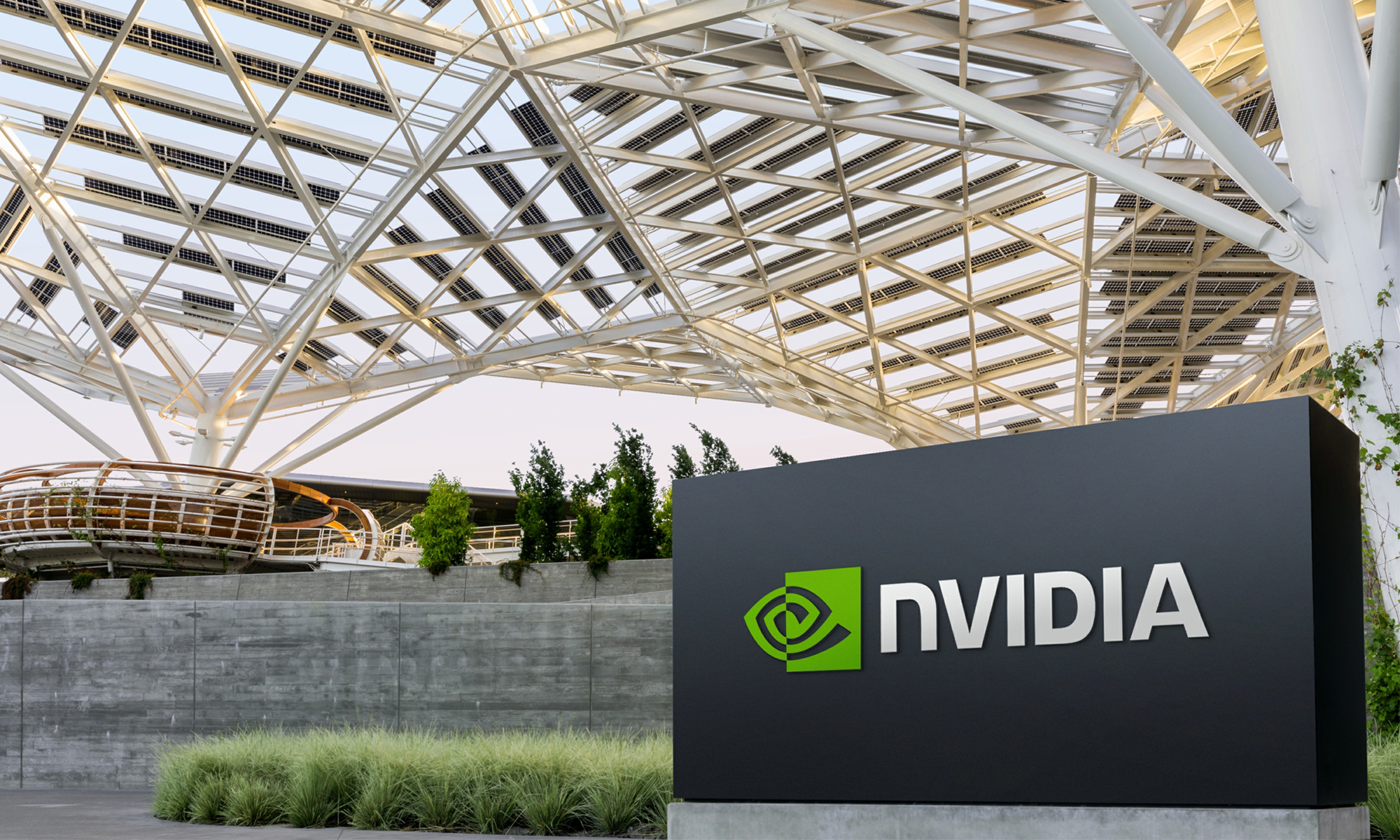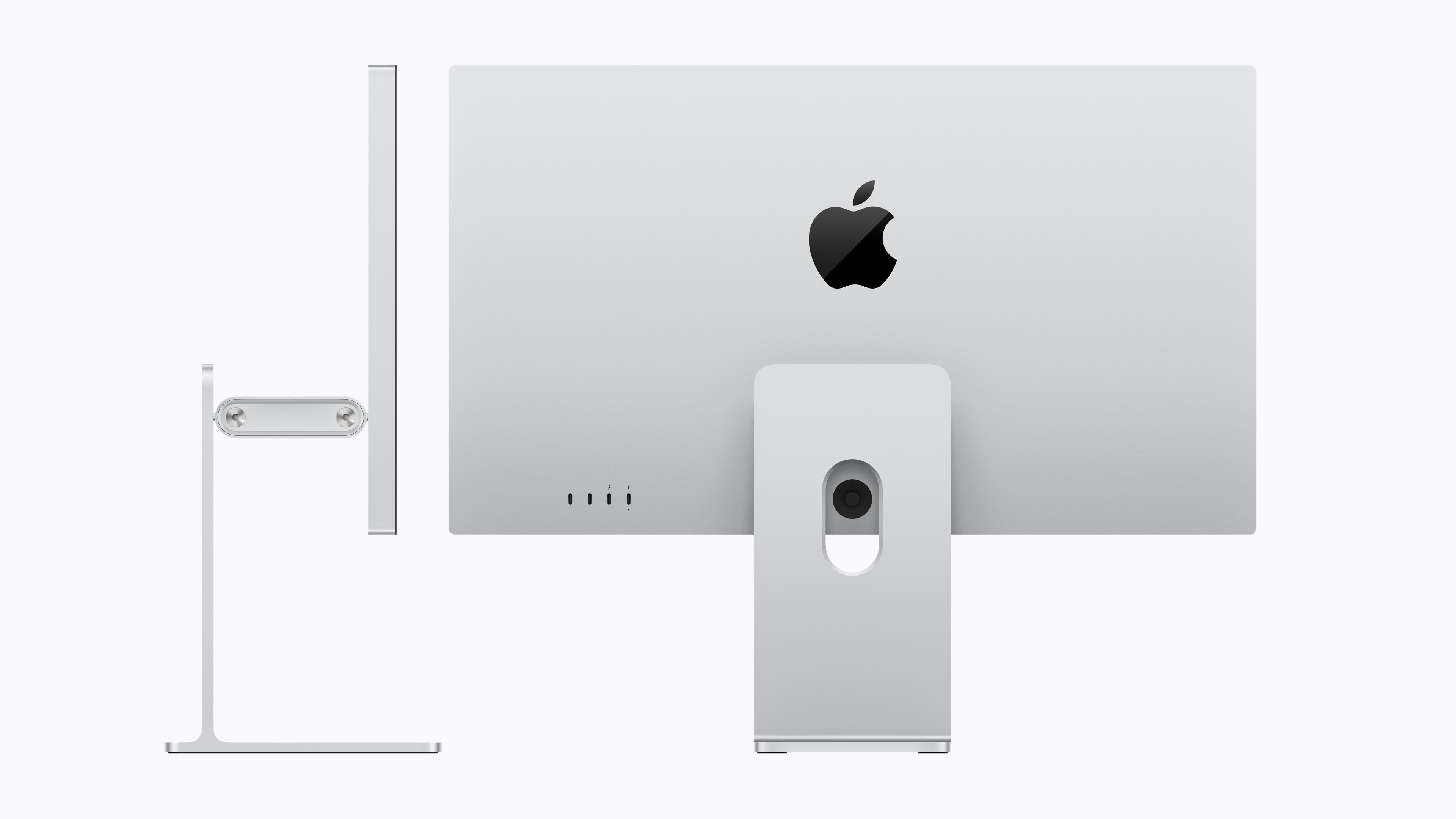Most IPOs -- and especially tech IPOs in the last few years -- have a tendency to swell to lofty valuations on investor hype in the first few weeks of trading on the public markets.
In this segment from Industry Focus, Motley Fool analysts Dylan Lewis and Michael Douglass take a look at some of the biggest tech IPOs from past year and see how they compare to the market average in their first year, and explain why even the biggest IPOs (like Facebook (FB +0.23%)) tend to fall significantly in value in their first year.
A full transcript follows the video.
This video was recorded on July 14, 2017.
Dylan Lewis: Michael, we're wrapping up "Never Will I Ever" week. Tech is known for its high-flying IPOs --
Michael Douglass: No.
Lewis: [laughs] Often, these tech companies, because they are so highly followed pre-IPO, when they're private, you have all these billionaire unicorns, there's a lot of fanfare, there's a lot of investor interest, there's a lot of consumer interest. A lot of times, these businesses are very consumer-facing. So when they actually do start going public, it's just craziness.
Douglass: I think it's not just that they're consumer-facing, but usually they're also claiming some sort of disruptiveness. When you're thinking about investing, people are excited about the idea of breaking an industry and creating something new, getting rid of newspapers and replacing them with the internet, or something like that. So this is that opportunity to do that with businesses that people can sort of vaguely understand and interface with.
Lewis: And I love covering IPOs, I do. I love doing those deep dives into company prospectuses, those S-1s, you know what I'm talking about.
Douglass: Oh, yeah.
Lewis: But my "Never Will I Ever" this week is, never will I ever buy a stock within six months of its IPO.
Douglass: And I think that's a brilliant call for a number of reasons. It's a rule that, when you said it to me before taping, I was like, oh, yeah, me too. So I'm on the Dylan Lewis train here.
Lewis: I appreciate that. That's why I had you on, because I knew I would get some supporting arguments.
Douglass: [laughs] A little groupthink here in Industry Focus on Friday, July 14.
Lewis: Yes, on Friday, July 14. At a glance, three companies that start to paint a picture about why I feel this way. You look at the big IPOs in tech from last year: Line Corp. (LN +0.00%) down 17% since they went public. The S&P 500 is up 13% since then. Nutanix (NTNX +0.82%), down roughly 45% since about the fall of 2016, when it went public; S&P 500 is up 12% since then. Twilio (TWLO 0.24%), since IPOing in the summer of 2016, up 12%; the S&P 500 up 20%. So two of those three are down from where they first started trading, and all three are underperforming the market.
Douglass: Pretty substantially.
Lewis: Pretty substantially. I think there's just so much pent-up demand. You see shares soar with a lot of these IPOs so early on. People are just craving getting access to these companies because the hype is there that it winds up blowing up to these wildly unrealistic expectations.
Douglass: It's one of those interesting things. Warren Buffett talks about how you need to be greedy when others are fearful and fearful when others are greedy. When IPO season hits, when people are really talking about these IPOs, there are IPOs that, on their first day, triple. And people get crazy greedy, excited about this possibility. And I think they often leave all logic aside. That means there's just crazy stuff happening, particularly in those first few days, but also over this first six months, in a lot of ways. I think thoughtful investors need to be fearful and very careful about thinking about entering into these companies so early, particularly given the timing aspect.
Lewis: That is not to say that any of these companies are necessarily bad companies. I actually think Twilio is a very interesting business. I've been watching it on the sidelines. It's a company that I'm very interested in, have not bought shares of but am watching. But even if you look at a massively successful company, Facebook, the stock was down 30% a year out from its IPO.
Douglass: Yeah, they had a pretty tough first year.
Lewis: They did. Part of that is huge expectations built into the company. So the core business metrics need to back up the valuation, and very often doesn't early on, just because you have to tumultuous nature of your first couple of reporting quarters and the scrutiny of being public. Also, Facebook specifically, there were all those concerns, remember, about the pivot to mobile, and whether or not Facebook was going to be able to pull it off.
Douglass: Hint: They did.
Lewis: Yeah, now it's, like, 80% of their traffic is mobile, and they're absolutely crushing it with mobile revenue and serving up stuff that people want. But that was a very legitimate concern for investors early on. So even in a success story there, even a year out, the market wasn't really sold on what was going on with Facebook. So my guidance for investors is, looking at tech IPOs and IPOs broadly, wait six months, I might even say a year.





